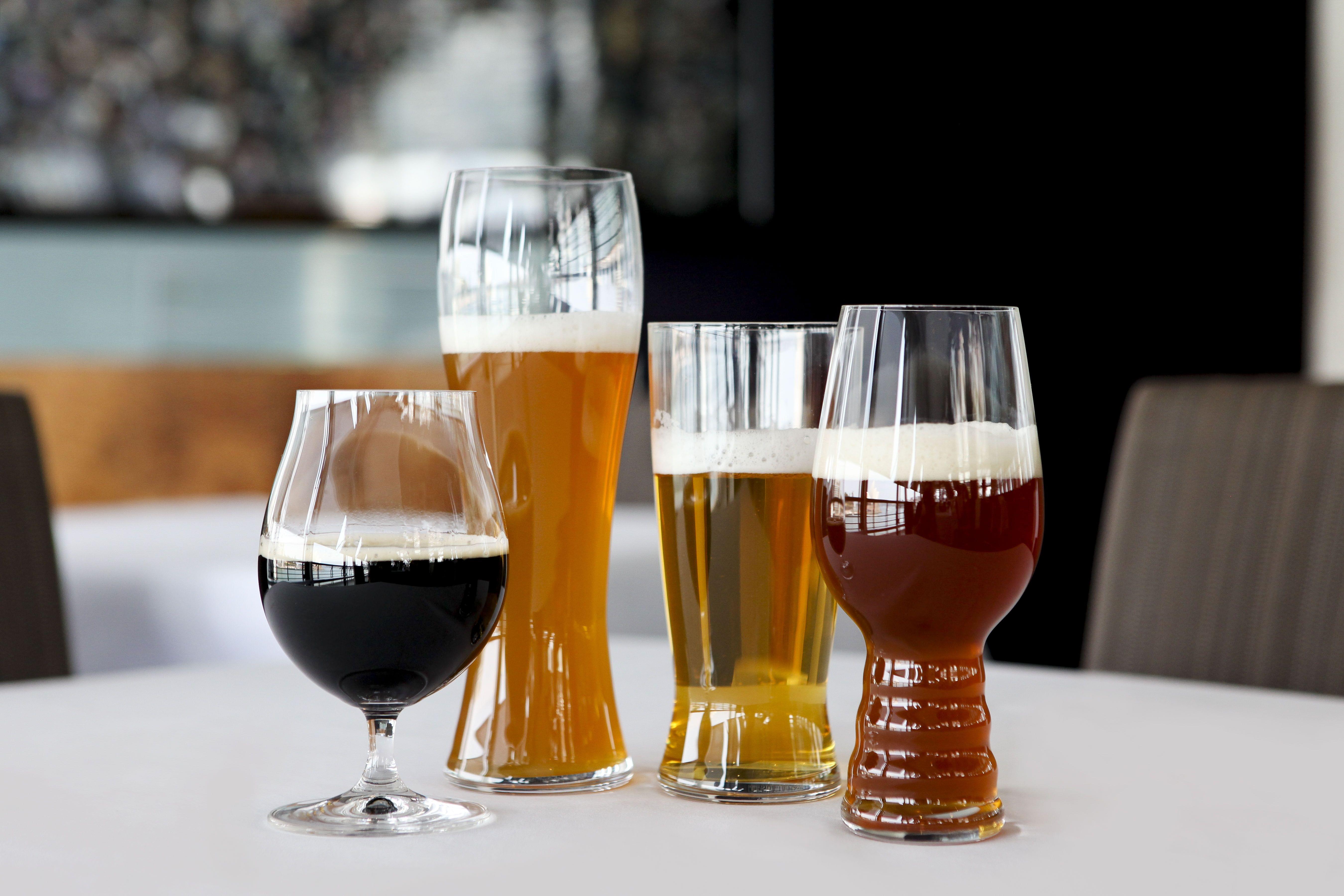Magazine: A segment getting stronger
Although the Food Act gives the exact definition of special-quality beer, consumers reach their verdict based on subjective criteria – opines Béla Bukovinszky, the director of Szent András Brewery. His view is that the so-called beer revolution started in Hungary with the 2009 Brewery Fest, this was the time when many consumers began to show interest in the products of craft breweries. Péter Starcsevics, co-owner of Stari Brewery in Tapolca reckons that the beer revolution started only in 2011-2012 in Budapest and is only starting now outside the capital city. Artisan breweries’ market share is still only 2 percent in Hungary – in the USA it is 10 percent. He is convinced that once people get used to quality beer, they won’t downgrade to lower-quality beverages. Attila Fodor, the sales director of Alakor distributor Körös-Maros Biofarm Kft. told our magazine that drinking artisan beer is trendy now. What is good about these products is that there are so many different types that everyone can find the beer they really like. For the sales director the beer revolution is still happening, which he hopes will result in slow but steady sales growth and lasting demand. According to László Kovács, Maltman’s master brewer, the real beer revolution isn’t about different types of beer being available in the market, but about following the latest trends and using the latest technology to make beer in a creative way from traditional recipes, adding new ingredients. Zoltán Karsai, Erdinger’s Hungarian representative expressed his opinion that the beer revolution has already conquered the hearts of those Hungarian beer drinkers who are open to new products. However, the real breakthrough can occur when craft breweries will keep using quality ingredients but offer their products at competitive prices in the Horeca sector. Mr Fodor shed light on the fact that demand for special beers has increased so much that large companies are also taking notice now, coming out with their own innovations. Mr Karsai added that to a certain extent large breweries are forced into making special beers, having to react to changing consumer and bar/restaurant owner needs. He thinks it might happen one day that large brewing companies start cooperating with microbreweries – although this step would significantly harm the latter’s revolutionary image. Mr Bukovinszky thinks in the next period craft breweries will focus their innovation activity on packaging. Mr Kovács told us that top-level gastronomy will be happy to serve high quality beer made by small companies, but in addition to excellent quality this will also require marketing work from craft breweries. Mr Fodor explained that in his view microbreweries have production capacity problems at the moment and not marketing problems. Mr Starcsevics’s experience is that launching special beers can only be successful if shop or bar/restaurant owners start recommending them. Mr Karsai thinks beer festivals are the best way to familiarise consumers with new products, but the internet can also be efficient and fast in introducing new beers to them.







